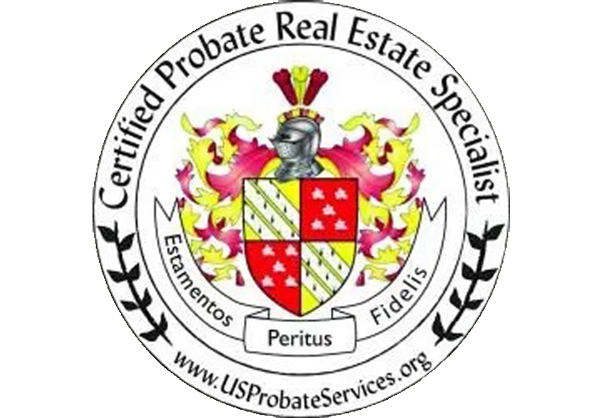Maybe you’ve worked with an exceptional REALTOR® in buying or selling your home—and of course that’s important to work with someone you trust again. However, if you are looking to sell a home that’s in probate, you may need someone quite different with the knowledge and skills to navigate this difficult terrain.
The American Bar Association states, “Probate is the court-supervised legal procedure that determines the validity of your will. All property, debts, and claims of the estate are inventoried and appraised. All valid claims of the estate are collected, and the remainder is distributed to beneficiaries according to the will.”
There are a few ways to avoid probate, such as a living trust. Otherwise, any and all of the family property owned by the decedent, including the decedent’s property, is sold during the probate process. Typically, this is done to cover debt claims against the estate or sold so that the proceeds can be distributed to the beneficiaries.
If you’re a Personal Representative (PR) or the executor, you may need the assistance of an experienced probate REALTOR® who has been trained by US Probate Services, and is certified as a Certified Real Estate Specialist (CPRES) to work through selling a property during probate proceedings. This process differs from a traditional home sale. In order to receive this certification, an agent must pass a test that measures their ability to handle complex probate property sales procedures.
When you sell your own home through a traditional sale, you’re acting in your own interests, which means you can set your own timeline and price.
When you’re the Executor or Personal Representative (PR) selling a home during probate, you must act in the interest of the decedent’s estate, following State probate laws and directives for the probate court judge. The time and price depends on whether the probate court granted you rights of independent administration or dependent administration. A CPRES REALTOR® knows the proper probate contracts, how to list the property, and can make the disclosures specific to probate.
If these details aren’t in order at your final probate hearing, the probate court judge likely won’t allow the estate to be closed. You’ll need to redo the paperwork and schedule a new hearing, causing the lengthy probate process—which already takes an average of six to nine months—to drag on even longer.
For Personal Representatives who’ve been granted dependent administration rights, the probate property sale is lengthier and more complex. In these cases, the probate court oversees the home sale through a court confirmation hearing.
Before this hearing, the executor hires a probate agent to list the house at a price that cannot be less than 90% of its fair market value. Once you receive and accept an offer, it must then be presented to the probate court for confirmation. In some states, you might even have to remarket the property for 30 to 45 days before presenting the offer to the court. In many states, the probate judge does not automatically confirm the accepted offer at this hearing. Instead, the court may entertain higher offers from other buyers attending the hearing.
Even if you are named as the executor of the estate in the decedent’s will, you have no legal authority to transact any estate business until you have been officially appointed as the estate’s Personal Representative at the first probate hearing. This means that you cannot list the house or even sign a listing agreement with your probate REALTOR® agent until you have authorization from the court. To get this authorization, you need to have a probate attorney file a petition with the probate court and then wait until you’re granted rights at that first hearing.
The complexities that arise from varying state regulations make hiring a probate-experienced real estate agent a serious consideration. If you opt out of hiring an agent experienced in probate, you’ll have to ask your attorney to review the home sale documents to ensure they meet probate regulations—which may cost additional attorney fees.
I am proud to announce that I have been qualified as a CPRES and looking forward to helping you in any way that I can.


 Facebook
Facebook
 X
X
 Pinterest
Pinterest
 Copy Link
Copy Link



